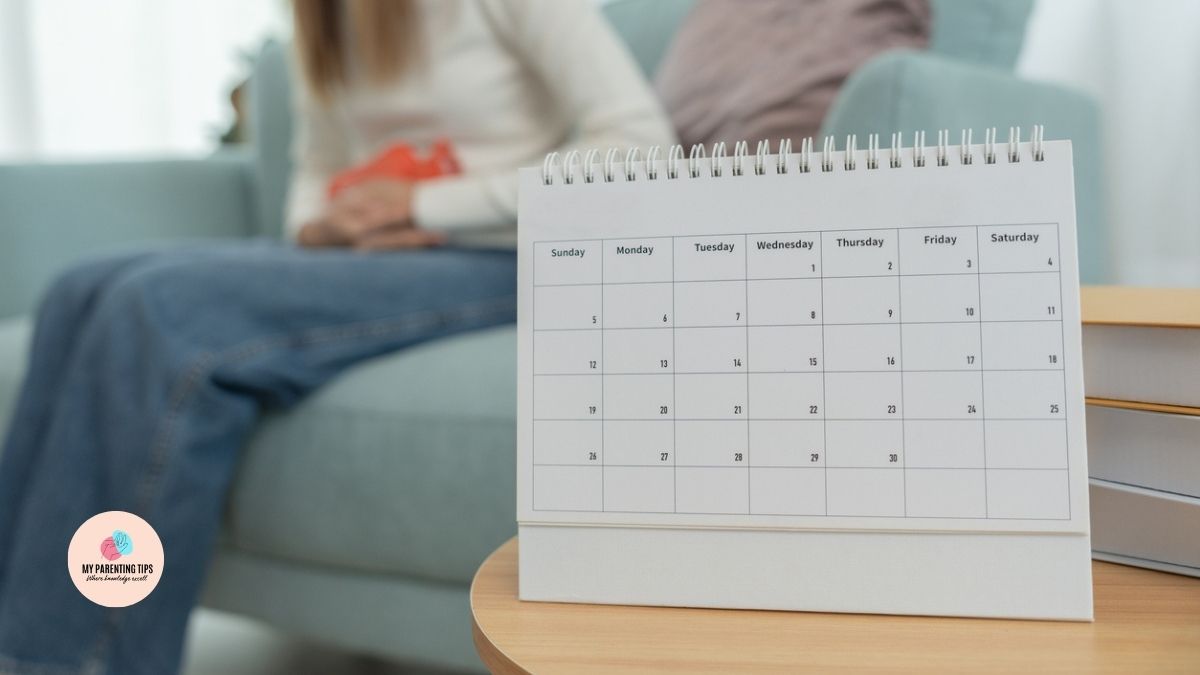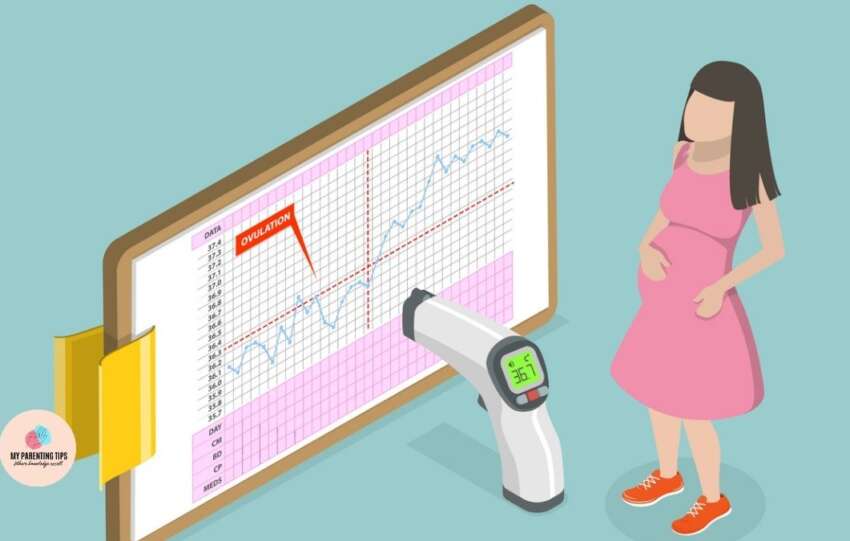What is ovulation? | When does it happen?

Everyone who wants to either just control their reproductive health or procreate has to know ovulation. This article will go over what ovulation is, when it happens, the several tests and symptoms to assist monitor this essential component of the menstrual cycle.
What is Ovulation?
An evolved egg moves from the ovary in what is known as ovulation. Usually running every menstrual cycle, this phase is essential for those trying to conceive. During ovulation, the egg drops down the fallopian tube to maybe meet sperm for fertilisation.
Hormonal-wise, the body changes over this period. Mostly responsible for the hormone surge producing ovulation is rising luteinizing hormone (LH). Numerous ovulation tests are designed to detect this surge. Understanding these hormonal fluctuations will help you to control your fertility and reproductive condition.
When does ovulation occur?
Usually, ovulation falls fourteen days before your next menstrual cycle begins. The precise timing will depend on the duration of your menstrual cycle; usually, this runs from 21 to 35 days.This is a synopsis at least:
- Menstrual Phase: Days 1–5 (period)
- Follicular Phase: Days 6 -14 (the body gets ready to discharge an egg.)
- Ovulation: About Day 14, (the egg is released)
- luteal phase: Days 15 through 28, the, let the body get ready for possible pregnancy.
For those whose cycles are irregular, tracking ovulation can be more challenging. Still, many methods can help one estimate when ovulation most likely will occur.
Finding Ovulation Symptoms: Approach
Knowing your reproductive health will help you spot ovulation symptoms. Many women have obvious symptoms around ovulation. Here are some usual signs to be on lookout:
1. Change of Discharge
During ovulation, cervical mucus normally becomes translucent, elastic, and slippery, much as uncooked egg whites. Considered as ovulation discharge, this indicates your body is preparing for prospective conception.
2. Improved Libido
Some women discover that their sexual desire increases around ovulation, a natural way to boost fertility.
3. Mild Pain or Discomfort
During ovulation, some may get a little soreness or discomfort on one side of the lower abdomen.
4. Breasts Sensitive
This can be a result of hormonal changes during this phase.
5. Mood Changes
Variations in hormones can influence your mood and lead to either increased energy or even rage.
Understanding these symptoms will help you to more effectively understand your cycle and the possible ovulation occurrence.
Monitoring Ovulation with Tests
For those actively looking for pregnancy, ovulation tests are valuable tools. These tests identify the LH surge prior to ovulation, therefore directing behavior. Here is how to maximise these:
1. Choose the suitable test from among them
Among the various ovulation tests being used are digital monitoring and urine tests. Go for one fit for your needs.
2. Test Regularly
Verify often. Starting a few days before you wish to ovulate. This would help you to capture the LH surge.
3. Know the results
Use the guidelines below to exactly interpret the test findings. Usually, a positive response indicates that ovulation will occur throughout the next 12 to 36 hours.
An ovulation test will help increase your chances of conception by arranging visits for when you are most fertile.
Factors of Lifestyle in Affecting Ovulation
Many factors of lifestyle could influence your ovulation cycle. Knowing these will enable you to decide on your health with wisdom:
1. Anxiety
High stress might throw off hormonal balance, therefore delaying or perhaps preventing ovulation. Among relaxation techniques, yoga, meditation, or deep breathing exercises assist in reducing stress.
2. Eating
A well balanced diet heavy in nutrients helps hormonal homeostasis. Foods strong in vitamins, omega-3 fatty acids, and antioxidants can support regular ovulation.
3. Exercise
Regular physical activity helps to preserve general health even if too much exercise could induce missed periods and ovulation. Try for a program with balance.
4. Sleep
Enough good quality sleep is necessary for hormonal management. Try seven to nine hours daily to improve reproductive health.
One can assist in support of ovulation and a regular menstrual cycle by considering these factors.
Hormones: Their Role in Female Reproduction
Hormones help to control ovulation in a major proportion. The primary hormones involved are briefly compiled here:
1. Luteinizing Hormone (LH)
Usually, LH surge sets off ovulation. With ovulation testing, tracking LH levels will help one find the fertile window.
2. Follicle-stimulating hormone (FSH)
It makes ovarian follicles grow, hence developing the eggs.
3. Estrogen
It is produced by the growing follicles thickens the uterine lining in preparation for a possible pregnancy.
4. Progesterone
After ovulation, progesterone helps to preserve the uterine lining, therefore guaranteeing a suitable environment for implantation should fertilisation occur.
Understanding these hormones and their functions can assist one to have better knowledge of how ovulation works and influences fertility.
Guidelines for Increasing Fertility
If you are attempting to conceive, these realistic tips help to maximise your chances of success:
1. Monitoring Your Cycle
Using calendars or applications, track your menstrual cycle, problems with ovulation, and test results. Speaking with a doctor regarding fertility, this information can be really useful.
2. Maintain a Healthy Weight
Underweight and overweight both throw off hormonal balance and affect ovulation. Aim for a good weight by means of reasonable nutrition and consistent activity.
3. Maintaining Hydration
Appropriate hydration promotes general health and may also improve cervical mucus quality, thus influencing fertility.
4. Limit alcohol and caffeine
While a modest consumption is generally considered healthy, too much alcohol and caffeine could reduce fertility.
5. See Your Doctor
If fertility or ovulation concern you, see a specialist. A medical practitioner can offer specific advice and possible treatments.
Seeking Professional Guidance
If you have been actively seeking without success for more than a year or six months if you are over 35 it could be time to see a fertility specialist. They can counsel suitable treatments and offer advanced testing to spot any underlying problems.
When should one ask for help?
- Erratic menstrual cycle
- Continuous ovulation symptoms absent of regular ovulation
- Known reproductive conditions including polycystic ovary syndrome or endometriosis
- Problems regarding age-related fertility
It is imperative to be proactive about your reproductive health; professional advice will assist you to support you along the road and clear things for you.
Conclusion
Taking care of your reproductive health calls first for knowledge of ovulation. Better control your menstrual cycle and increase your chances of conception by knowing when ovulation occurs and what symptoms to look for.
Combining knowledge of ovulation with a good lifestyle, tracking techniques, and maybe ovulation tests will empower you on this route. Remember: See a healthcare professional to help you be sure you are on the right path should you have questions or concerns.
Information Sources
- World Health Organization: https://www.who.int/about
- National Institutes of Health: https://www.nih.gov/
Disclaimer
This article’s data should only be used for general informative purposes; it is not medical advice. For individualised advice, always speak with a healthcare professional.



